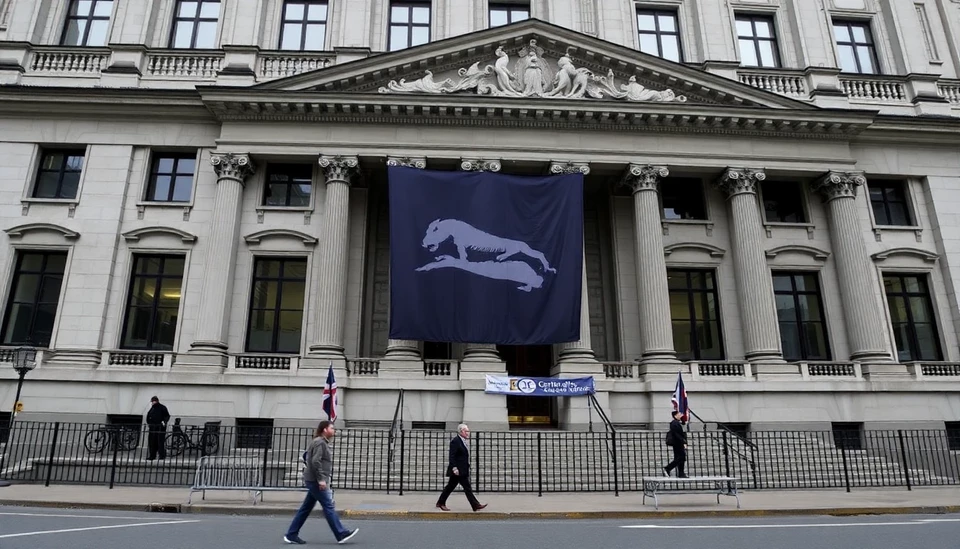
In a striking revelation, a former official of the Bank of England (BOE) has publicly accused the central bank of suppressing critical conversations regarding long-term interest rates. This statement comes amidst growing concerns in the financial sector about the potential implications of interest rate policies on the UK economy.
The ex-official, who chose to remain anonymous, pointed out that there is a stark lack of transparency and openness within the BOE’s current meetings concerning the setting of long-term rates. According to the insider, discussions that are crucial for shaping future monetary policy are being sidelined, which could have detrimental effects on the market’s expectations and overall economic health.
This criticism mirrors concerns shared by various analysts and economists who argue that transparency and dialogue about interest rates are essential for ensuring market stability. A well-informed market can better adjust to policy changes and economic forecasts, which benefits both investors and policymakers alike. However, the current approach, as suggested by the former official, could lead to uncertainty and volatility in financial markets.
During a panel event discussing monetary policies, the ex-official further elaborated that maintaining a healthy discourse on long-term rates is important not only for current market conditions but also for shaping the economic landscape in the years to come. Without such discussions, he argues, the BOE risks falling behind in adequately responding to economic challenges and may lose credibility among market participants.
These revelations come at a time when the UK is grappling with various economic challenges, including inflation pressures and slowing growth. The BOE has been under scrutiny for its management of interest rates, especially in light of recent rate increases aimed at curbing inflation. Critics warn that without a robust dialogue on the implications of these actions, the central bank’s policies could have unintended consequences for the nation's economic stability.
In conclusion, the former BOE official’s assertions bring to light a significant concern within the financial community regarding the necessity for open dialogues about long-term interest rates. As the UK navigates through a complex economic environment, it remains to be seen how the BOE will respond to these calls for greater transparency and discussion.
As the debate unfolds, many will be watching closely to determine the impact of these policies on the broader economy and how the BOE will handle discussions that could determine the direction of monetary policy in the future.
#BOE #BankOfEngland #InterestRates #Economy #MonetaryPolicy #FinancialStability
Author: Daniel Foster




